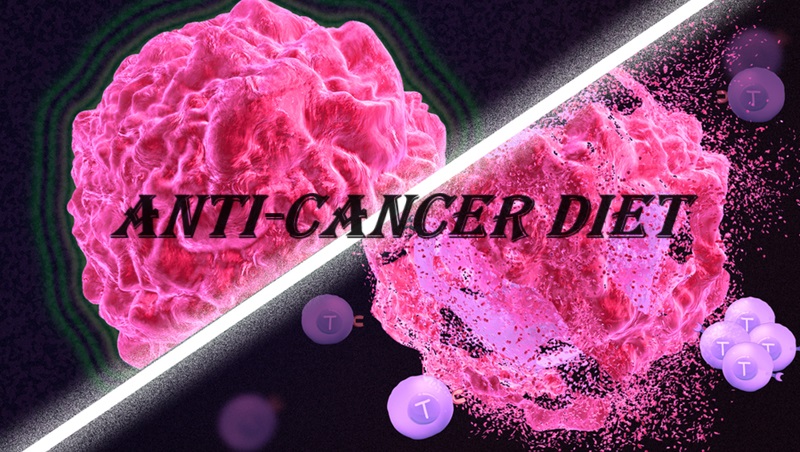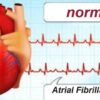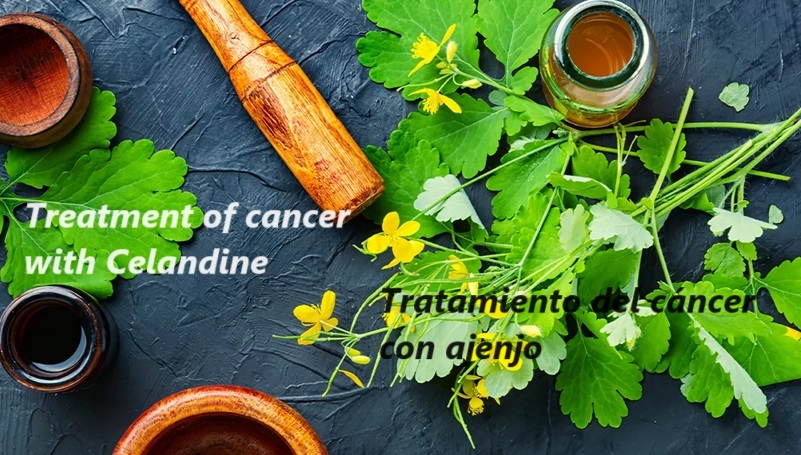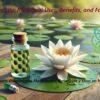Menopause is a cardinal age-related restructuring of the body, during which, against the background of general aging processes, the activity of the reproductive system gradually fades.
Menopause in Women
The decline of sexual functions in women usually occurs at the age of 50 and is characterized by the complete cessation of menstruation. How does menopause begin? The age-related decline in the endocrine function of the ovaries is manifested by scanty menstrual bleeding, while the menstrual cycle mostly becomes prolonged and irregular. This period is called perimenopause and lasts for about 5 years.
The immediate cessation of the menstrual cycle is called menopause. The onset of menopause is considered the date of the last menstruation, after which a woman has not had menstrual bleeding for 1 year. Postmenopause, which begins with menopause, lasts until the end of life.
Approximately one-third of women experience menopause calmly, without any unpleasant symptoms. However, all the rest in this period face the so-called climacteric syndrome – a complex of pathological symptoms caused by metabolic and neuroendocrine disturbances during the process of reproductive function decline.
With a pathological course, the symptoms of menopause in women will vary during perimenopause and postmenopause periods. The first signs of menopause include vasomotor disorders (headaches, chills, sweating, hot flashes, palpitations, blood pressure fluctuations) and emotional-vegetative disturbances (increased fatigue, drowsiness, irritability, forgetfulness, decreased libido).
Within 3 years after the onset of menopause, women experience urogenital disorders (including urinary incontinence, vaginal dryness, itching, discharge, painful intercourse), as well as skin and its appendages lesions (hair loss, brittle nails, dry skin).
Finally, 3-5 years after menopause, metabolic disorders, neurological pathology (such as memory impairment), and musculoskeletal system lesions (muscle dystrophy, osteoporosis, degenerative osteoarthritis) may occur.
Menopause in Men
Male menopause occurs between the ages of 40 and 70, when the production of male sex hormones decreases in the testes of men. The testes lose their sensitivity to testosterone, and degenerative changes affect the testicles.
The symptoms of male menopause include dizziness, pulsating sensations in the head, chest pain, rapid heartbeat, increased blood pressure, less commonly – insomnia, memory deterioration, decreased performance, and weakened potency.
Treatment of Menopause
Regardless of when menopause occurs and despite the variety of symptoms during its pathological course, the basis of drug treatment for climacteric syndrome lies in hormone replacement therapy. Patients are prescribed the intake of hormonal drugs in small doses, which allows compensating for the insufficiency of the sexual glands’ functions without causing side effects.
In addition, measures such as sufficient physical activity, therapeutic exercises, physiotherapy, and psychotherapy, proper daily routine, and quitting harmful habits help alleviate the condition during menopause.
Home Remedies for Menopause
In addition to medicinal preparations, and in cases where it is not possible to consult a doctor, menopause can be treated with folk remedies. Herbs for menopause help improve well-being with climacteric syndrome, normalize heart rhythm, reduce sweating, relieve dizziness, migraines, insomnia, and itching. Let’s discuss some of these remedies in more detail.
Red Clover for Menopause
Red clover is one of the record holders in the plant world for its phytoestrogen content, so its use is recommended for women suffering from climacteric syndrome.
To prepare an infusion, pour 2 tablespoons of red clover with 1 cup of boiling water and let it infuse for 6-8 hours. Take 0.25 cups several times a day, 20-30 minutes before meals. This remedy is particularly effective in relieving the condition during irregular and unhealthy menstruation.
Sage for Menopause and Hot Flashes
Sage, better than any other medicinal plant, allows eliminating such an unpleasant symptom as hot flashes during menopause. Additionally, sage promotes the normalization of the activity of the sexual glands and strengthens the nervous system.
To reduce excessive sweating, you can use juice from fresh sage leaves – take 2 tablespoons three times a day.
For the same purpose, sage tea is used: pour 1 tablespoon of dried herb with 2 cups of boiling water and let it infuse for 20 minutes. Drink the prepared infusion three times a day. The treatment should last for 12-15 days, then take a break for 1-2 weeks and repeat the course.
Red Brush for Menopause
To prevent early menopause in women and improve well-being during climacteric syndrome, red brush, like sage, which is a natural source of phytoestrogens, helps.
To prepare a tincture, you will need 50 g of dried chopped roots of the plant and 0.5 liters of alcohol or vodka. Pour the raw materials with alcohol and place in a dark place to infuse for 1 month, remembering to shake occasionally. Take the finished tincture three times a day, 30-40 drops each, 30 minutes before meals. The course of treatment is 1 month, then take a break for 2 weeks and repeat the course.
You can also prepare a decoction of red brush. Take 1 tablespoon of dried, chopped raw materials per 1 cup of water and simmer in a water bath for 15-20 minutes, stirring occasionally. Then dilute with water, replenishing the evaporated portion, and take equal portions 3-4 times a day, 30 minutes before meals. The course of treatment is 1-1.5 months.
Borovaya Matka for Menopause
Another natural source of phytoestrogens is the plant borovaya matka. To prepare a decoction, take 1 tablespoon of the herb per 1 cup of hot water, simmer in a water bath for 5-10 minutes, let it infuse for 3-4 hours, and strain. Take 1 tablespoon four times a day.
Another option is to use alcohol tincture made from 50 g of the herb per 0.5 liters of vodka or alcohol. Insist for 1 month, then strain and squeeze out the residues.
Take 30-40 drops twice a day for 3 weeks.
Can You Get Pregnant During Menopause?
Many women believe that pregnancy is no longer possible after menopause sets in. However, in reality, the cessation of reproductive function does not occur immediately, so it is recommended to use contraceptives for an additional 2 years after menstruation stops to avoid unwanted pregnancy.
Prevention
In conclusion, a few words about delaying the onset of menopause. It is possible to do this by quitting smoking, alcohol, and unhealthy eating habits. In addition, timely treatment of chronic diseases, sufficient physical activity, and regular sexual activity contribute to prolonging youth.






